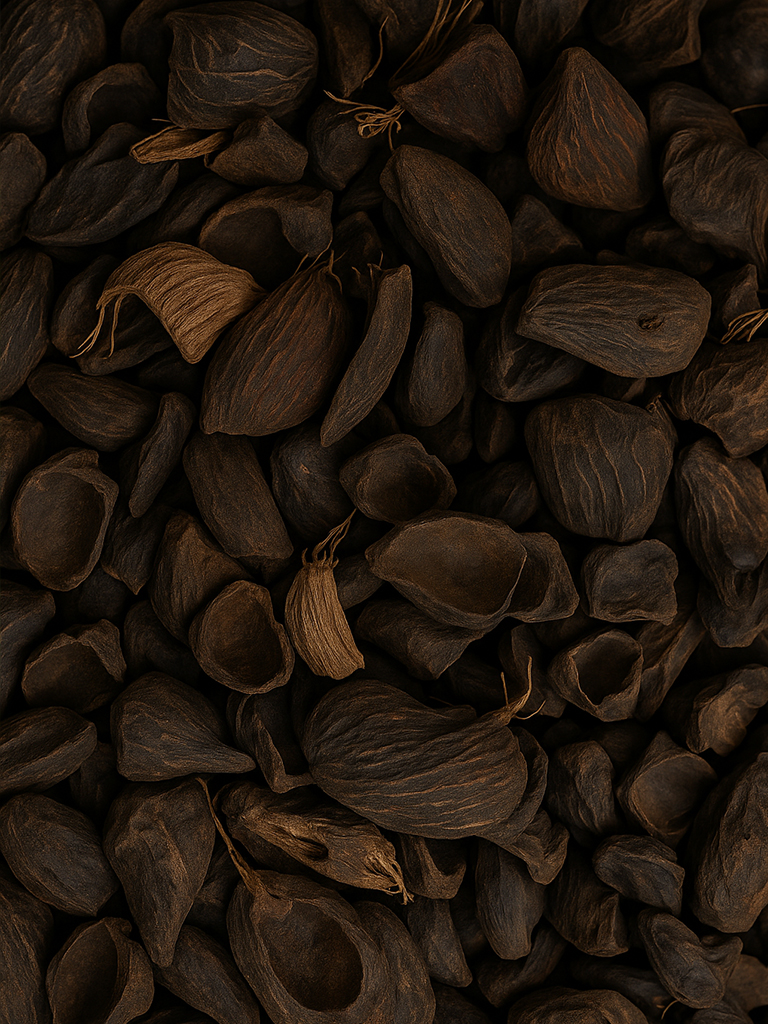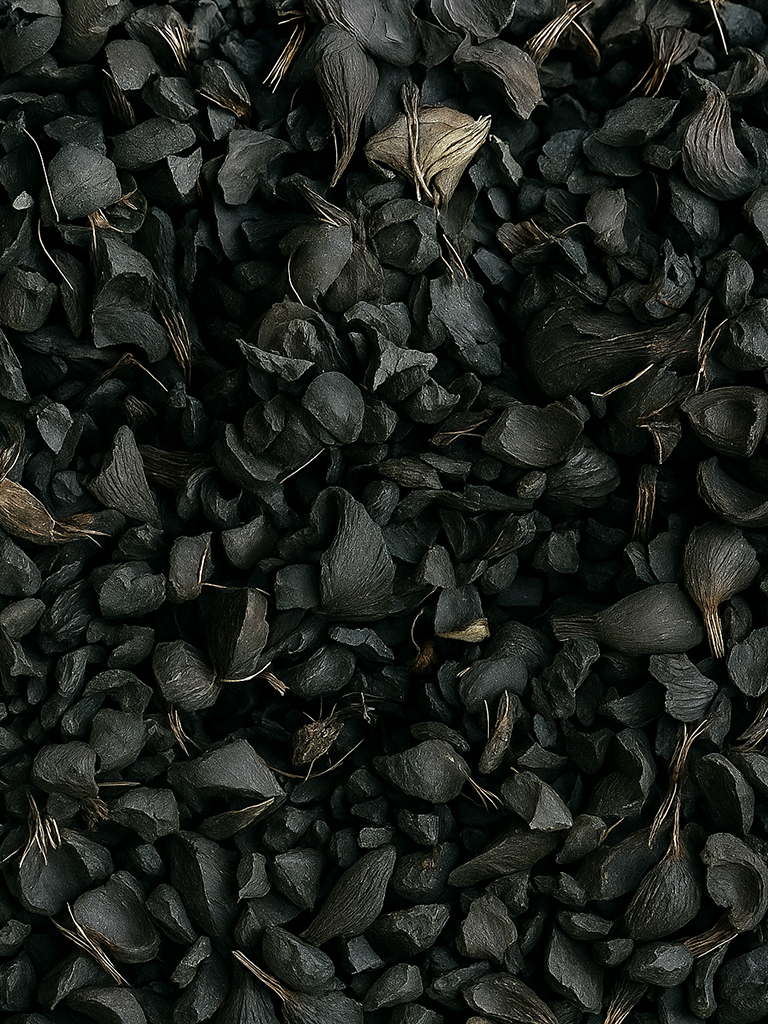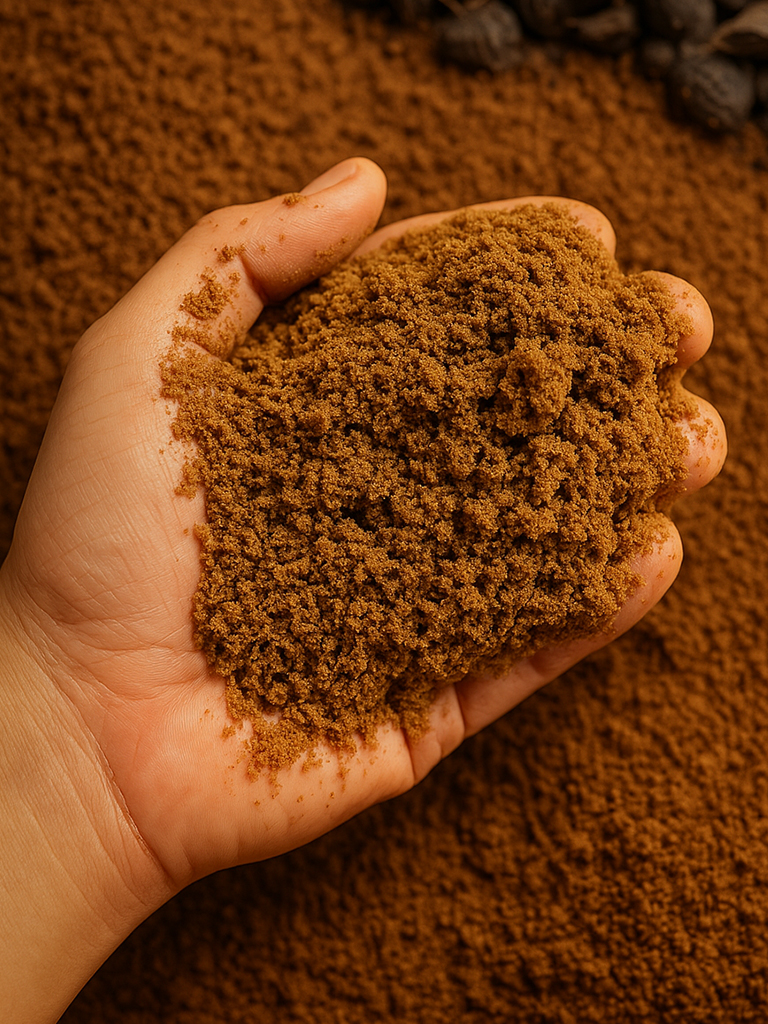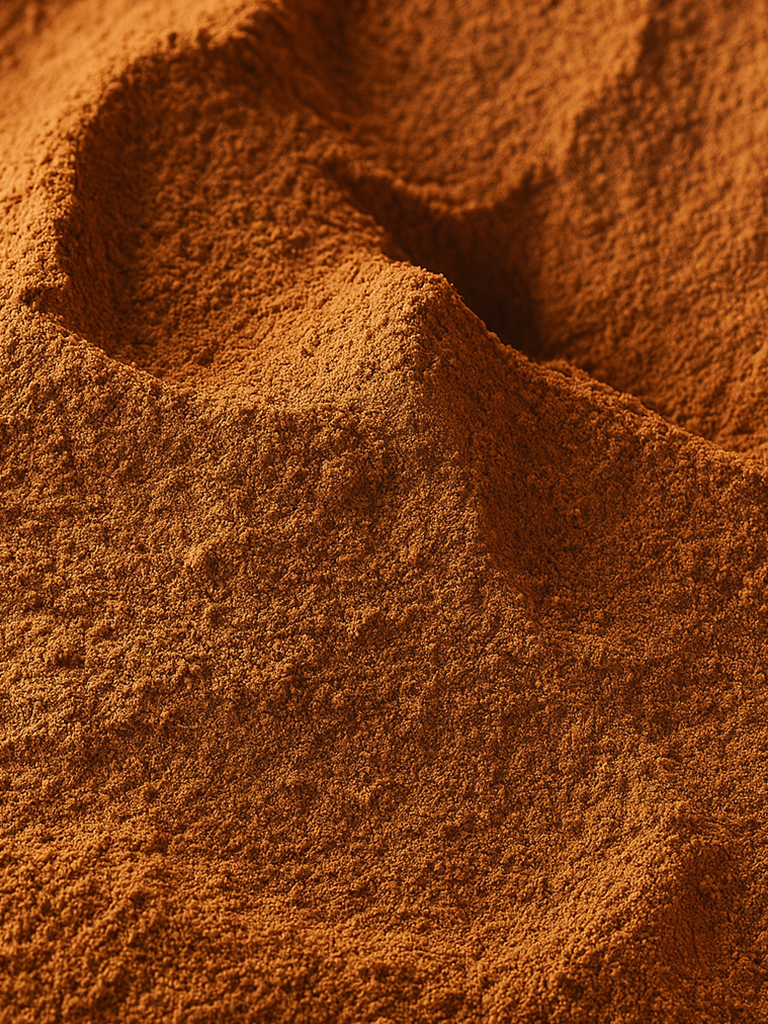Address
Jl. Aria Surialaga 13, Pasir Kuda, Kota Bogor
Email 1
ptsamaraindoexports@gmail.com
Email 2
info@samaraindoexports.com
Email 3
samara@samaraindoexports.com
Work Hours
Monday to Friday: 9AM - 5PM

We base our business on trust and quality

We base our business on trust and quality
Palm kernel shells (PKS) are frequently discarded as they are considered a byproduct of palm oil processing. However, there are numerous, applications for these shells.
Palm kernel shells contain many components beneficial for human use. Their composition includes elements such as ash content, moisture content, fixed carbon (often referred to potential activated carbon). They also possess other constituents valuable for human utilization.
Palm Kernel Expeller (PKE), also known as palm kernel cake, is a by-product of palm kernel oil extraction, obtained after mechanical pressing of palm kernels. Rich in protein and fiber, PKE is a premium feed ingredient for livestock, particularly cattle and poultry, widely used in the animal feed industry across Asia, Oceania, and Europe.


The palm oil business is currently regarded as highly profitable due to its excellent opportunities and significant profit margins. This profitability comes from stems not only from the benefits of palm oil itself but also from the potential uses of its by products, including palm kernel shells.
Palm kernel shells are the hard outer coverings of palm fruit kernels. These shells contain various valuable components. The most significant is their high volatile matter content, which ranges from approximately 69-70%.
Palm kernel shells can be easily utilized for applications such as combustion. Another major component in palm kernel shells is fixed carbon, accounting for 20-22% of their composition. This is followed by moisture content at 7-8% and ash content at a mere 2-3%. With this composition, palm kernel shells offer diverse benefits. Therefore, palm oil entrepreneurs can explore developing these shells for alternative applications.
Palm kernel shells have a surprisingly wide range of applications beneficial to humans, owing to their inherent composition. Rather than being discarded and contributing to waste accumulation, they can be repurposed to meet various needs.
Here are some notable uses of palm kernel shells:
Raw Material for Charcoal
Boiler Fuel
Animal Feed Additive
Road Hardening Material
Pellet Production (High-Energy Density Biomass)
HS Code: 23066000
Palm Kernel Expeller (PKE) is produced during the extraction of palm kernel oil from the kernels of oil palm fruits (Elaeis guineensis). After the kernels are separated from the palm fruit, they undergo mechanical pressing to extract the oil, leaving behind a solid residue known as PKE. This residue is rich in crude protein (14-16%), crude fiber (15-18%), and residual oil (5-8%), making it an excellent feed ingredient. PKE is typically processed into granules or pellets to enhance handling and storage. It is free from chemical solvents, ensuring it is a natural and safe product for animal consumption. In Indonesia, PKE is a key by-product of the palm oil industry, contributing to the circular economy by repurposing waste into valuable feed resources.
Palm Kernel Expeller is a versatile product with multiple applications in agriculture and animal husbandry:
Animal Feed: PKE is primarily used as a feed ingredient for ruminants, such as dairy and beef cattle, due to its high fiber and protein content, which supports digestion and growth. It is also used in poultry and swine feed formulations to supplement protein and energy requirements.
Aquaculture: PKE serves as a cost-effective feed component for fish and shrimp, providing essential nutrients for growth in aquaculture systems.
Organic Fertilizer: In agricultural applications, PKE can be used as an organic fertilizer or soil amendment, enriching soil with nutrients and organic matter to improve crop yields.
Biomass Fuel (Secondary Use): In some cases, PKE is used as a low-grade biomass fuel in industrial boilers, though this is less common due to its primary value as feed.
HS Code: 23066001


This comprehensive explanation outlines the various uses of palm kernel shells and expeller that can be applied to meet human needs. For inquiries, please contact us at your earliest convenience.